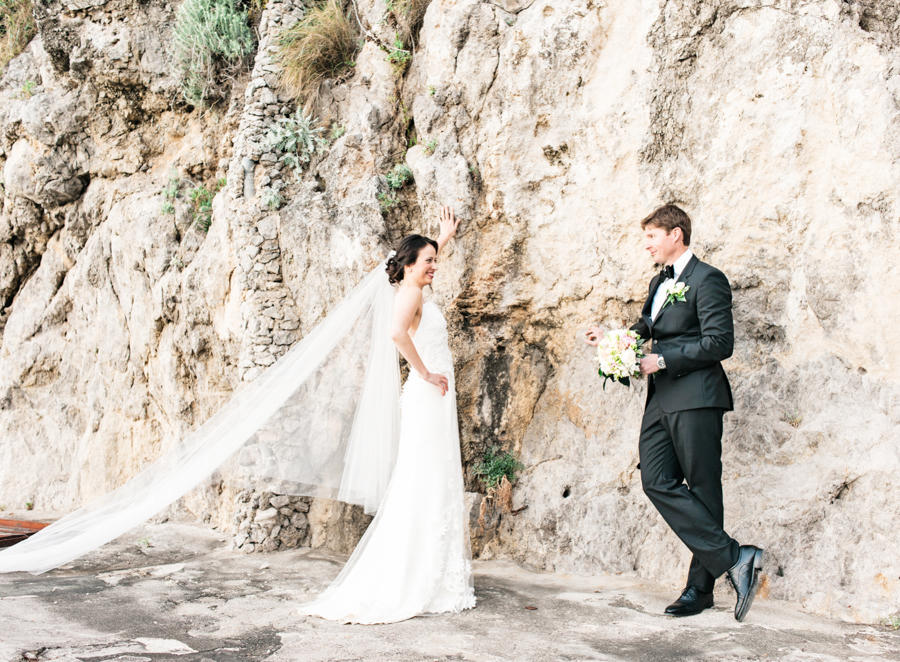You're Eloping...and it's time to choose your photographer!
So how do you choose your elopement photographer? You’ve spent a lot of time finding an amazing location, choosing the perfect rings, dress, flowers. But when your wedding day is over, the photographs will be your only tangible memories. Your choice of photographer will be one of the most important decision you make, especially since you’ll want to share those images with friends and loved ones who won’t be in attendance. You may have to skimp on some of the elements of your elopement, but invest in the best photography you can afford (if photography is important to you).

Eight Steps to Finding the Perfect Photographer
1. Look for a photographer whose portfolio contains timeless images. Avoid trendy styles that will look dated in a few years. Your elopement photos are treasures meant to last a lifetime, and handed down through the generations.
2. Find an experienced photographer who has shot at least ten elopements. Elopement photography is a unique skill, very different than shooting a full-fledged wedding because it’s so much more intimate.
3. Be sure you like the photographer personally. A gorgeous portfolio won’t mean much if you don’t feel good about sharing the most important day of your life with this person. In order to feel comfortable in front of the camera, you’ll need to trust the photographer. You’ll be going through a lot of emotions that day — nervousness, joy, maybe some tears, and they’ll be shadowing you. A good photographer may even calm you down and help you relax.
4. Your photographer should be a non-invasive friendly guide, who knows how to back off without losing those precious moments, and how to discretely capture raw emotion. They should be strong enough to gently nudge you into a different angle for better light or composition. I also believe the photographer should be respectful of the day and dress accordingly. Too often they show up in shorts or jeans.
5. Is the photographer familiar with your chosen location? Have they shot elopements there before? If not, will they plan to get there a day or so ahead of time, scouting out the sweet spots, the light?
6. Book early. The best elopement photographers are often booked one or even two years in advance.
7. A good photographer's prices depending on the photographer’s reputation and experience, and whether they shoot analog film. Digital photography requires far less skill, because the photographer can shoot hundreds of images in the hopes of getting a few good ones. Analog photography is in another category altogether. It’s a fine art and it requires getting it right in the camera. The costs of film and laboratory time add up, but the difference in the quality of the image is worth it.
8. Sign a contract and make sure you agree to all the terms. The contract should a date when the images will be delivered — usually four to six weeks after the wedding. Will the images you receive be high or low resolution? Will you receive them as prints or digital files? Will the photographer retain the printing rights, meaning you’ll have to go back to him or her whenever you want more prints? If you have chosen a distant location, what will be the travel expenses?

Three things to avoid when choosing a photographer:
1. Never ask a family friend to take your elopement pictures. Even if he or she is a professional photographer, you’ll be much better off with an outsider, who won’t be emotionally involved and may not even see it as work.
2. If your venue offers a wedding package, beware of the standard photographer. Insist on seeing his or her work and interview the person in advance to be sure you feel comfortable. Demand to be able to hire a photographer of your choice.
3. Avoid the photographer who offers to shoot for free in exchange for travel expenses. These are not seasoned professionals, but novices trying to build a portfolio. They’ll shoot the images they need, rather than the priceless memories you need.
[thrive_leads id='28214']

